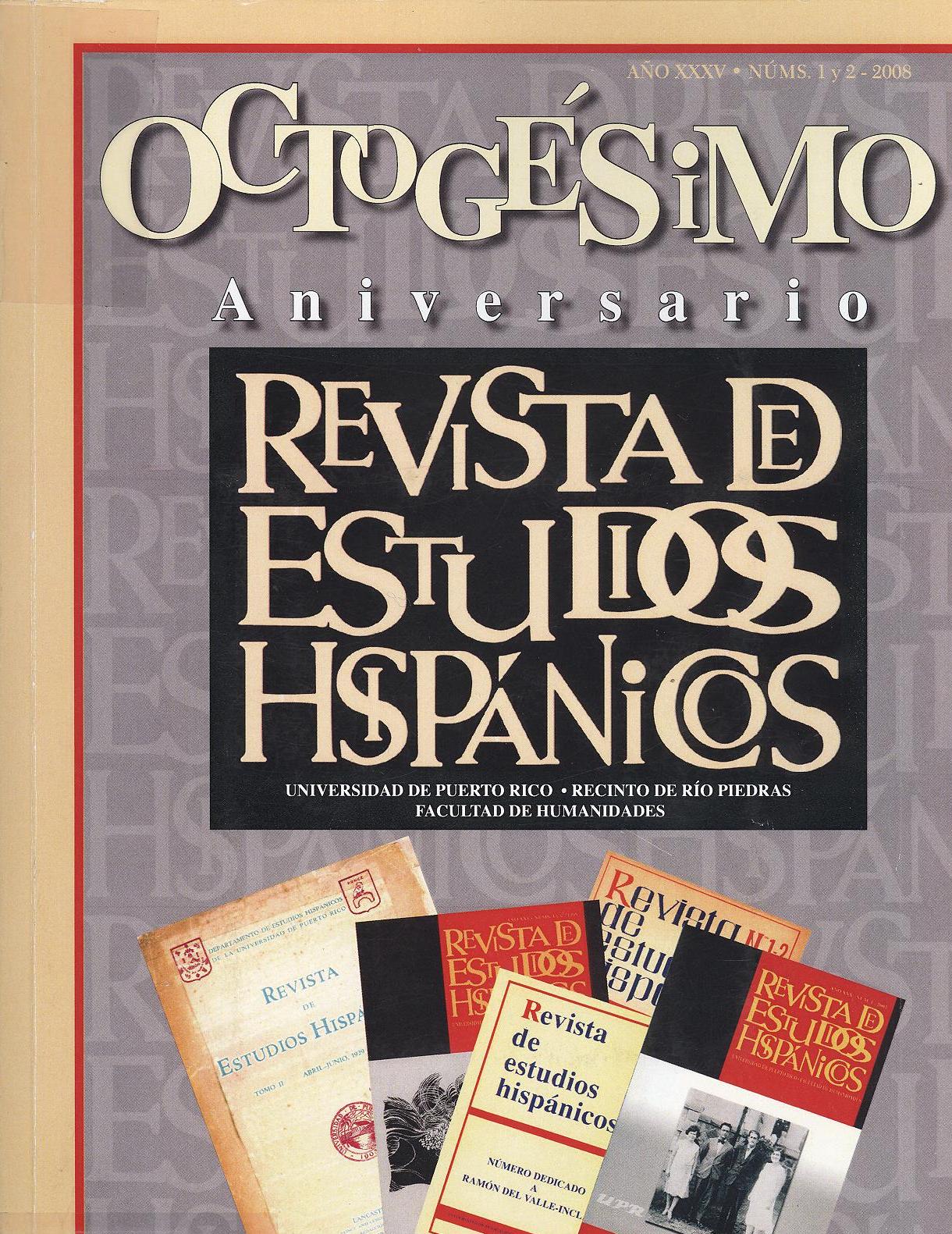Abstract
The essay proposes an analysis of the narrative voice of the slave María de Regla in Cecilia Valdés (1882), work of Cuban author Cirilo Villaverde, from the point of view of what John Beverley defines as "testimonio "-a struggle weapon to defend herself—and from Gayatrik Spivak's proposals in her essay "Can the Subaltern Speak?", who argues the legitimacy of testimonies due to the dependence on the intellectual to express the subaltern's condition. A forum has been conceded to María de Regla to expose her version of the events; her testimony seems, in certain ways, to match some features of the "new" testimonial genre, enabling various approaches to her discourse. The white and intellectual narrator who organizes the text becomes an implicit accomplice in the task of repression when he manipulates the authenticity of the slave's narrative, transforming it in a sort of "spectacle".This work is licensed under a Creative Commons Attribution-NonCommercial 4.0 International License.
Downloads
Download data is not yet available.

